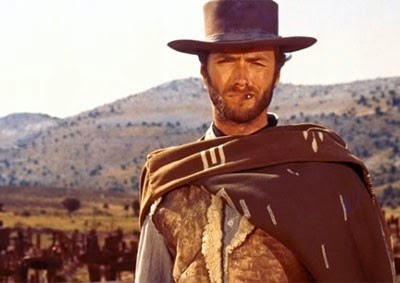WHAT A CHARACTER: Charles Coburn
Every
fan of classic films should know the face of Charles Coburn if not the
name. He has appeared in many films usually portraying elderly authority figures. He was born in Macon, Georgia in 1877. He spent the majority of his career performing on stage. In fact, he did not begin his film career until he was in his 60s. Many of Coburn's well known films were comedies. Some of his most memorable comedic roles were in the following:
The Lady Eve (1941):
Coburn portrayed Barbara Stanwyck's father, "Colonel" Harrington. Harrington is a con man card shark who taught his daughter well the art of fleecing unsuspecting marks. They set their eyes on naïve Charles Pike(Henry Fonda) as their next mark. How disappointing for professional con Harrington when his daughter ends up falling in love with Charles Pike and protects Pike from her father’s card tricks?
George Washington Slept Here (1942):
The Lady Eve (1941):
Coburn portrayed Barbara Stanwyck's father, "Colonel" Harrington. Harrington is a con man card shark who taught his daughter well the art of fleecing unsuspecting marks. They set their eyes on naïve Charles Pike(Henry Fonda) as their next mark. How disappointing for professional con Harrington when his daughter ends up falling in love with Charles Pike and protects Pike from her father’s card tricks?
George Washington Slept Here (1942):
Coburn played Connie Fuller's (Anne Sheridan) rich
uncle Stanley. Whenever he arrives for a
visit Connie and husband, Bill (Jack Benny), are sure to cover the living room with numerous pictures of good
old Uncle Stanley. After all, they want to make sure rich Uncle Stanley knows just how much they love him. In dire need of money to save their home, the Fullers turn to Stanley who is their only hope. Imagine their shock when they
discover all is not as it seems with Uncle Stanley’s fortune.
The More The Merrier (1943):
In his Academy Award Winning role for Best Supporting Actor, Coburn portrayed millionaire Benjamin Dingle. Dingle arrives in Washington DC as an Advisor on how to handle the housing shortage during WWII. However when he arrives in DC, he discovers his hotel room isn't ready. He answers the ad of Connie Milligan(Jean Arthur), who is seeking a roommate. She sublets him half of her apartment, and they have to learn how to live in this shared space despite having different personalities. Things get even more complicated( and funny) when Dingle sublets half of his half to Sgt. Joe Carter (Joel McCrea).
Comedy may be the genre Coburn had the most roles, however that does not mean he didn't foray into other film types. In fact, one of his most memorable roles is in the drama "King's Row."
King's Row (1942):
In this movie, Coburn portrayed sadistic doctor Henry Gordon. Dr. Gordon is rumored to perform surgery without anesthesia. His daughter, Louise(Nancy Colman) is in a relationship with rich boy Drake(Ronald Reagan). When Drake's fortune is stolen, he goes to work on the railroad. When he gets injured, vindictive and sadistic Gordon needlessly amputates both of Drake's legs out of hatred. This was a far cry from the harmless, lovable characters he was known for playing.
In each of the films listed and many more unlisted, Coburn had a presence about him. He was a familiar face that audiences loved to see. Even fans of today get a real pleasure from his performances. A character actor that was always reliable to bring out the best.





























